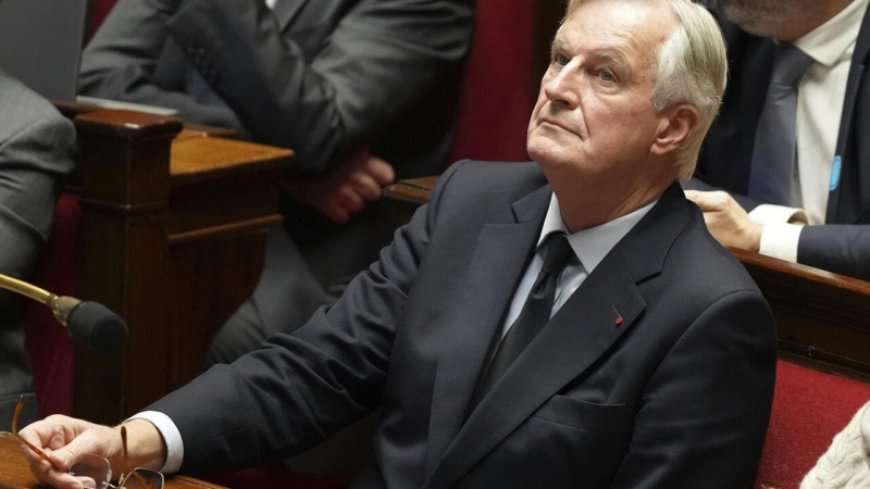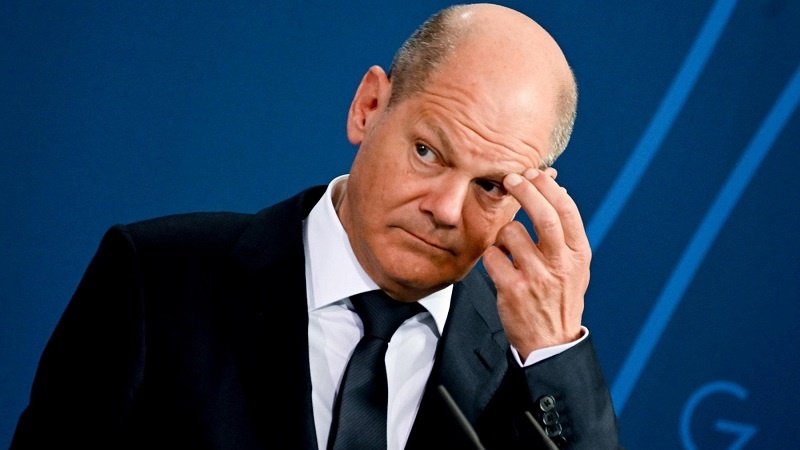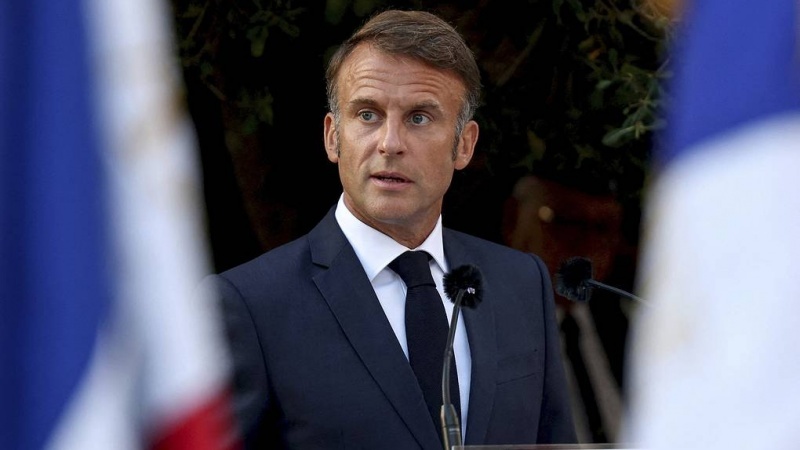France: from tensions to political crisis
Finally, members of the far-right and far-left parties in the French national parliament have fulfilled their promise and removed the government of the country's Prime Minister Michel Barnier from power.

Finally, members of the far-right and far-left parties in the French national parliament have fulfilled their promise and removed the government of the country's Prime Minister Michel Barnier from power.
The vote of no confidence in Michel Barnier's government by representatives of the French national parliament has been widely reflected in the country and in Europe at large. Barnier's government, which lasted just three months, is the shortest-lived government in France since 1958.
This is also the first time since 1962 that a French government has been removed from power by a vote of no confidence in parliament. France and Germany are the engines of the European Union because every major event that occurs at the level of the two governments is accompanied by different reactions and opinions from the European Union. Currently, the governments of Germany and France are also facing conflicts. In Germany, Chancellor Olaf Scholz has lost his majority in parliament after the Free Democrats withdrew from the coalition government following a dispute over the country's 2025 budget, forcing him to call early elections in January next year.

In France, the political situation also continues to be complex. President Emmanuel Macron thought that after the defeat of the center-right parties in the European Parliament elections, he could win an absolute majority in parliament by calling early parliamentary elections.
The French president had assumed that some of the "no" votes cast in the 2017 and 2022 presidential elections out of fear of Marine Le Pen, leader of the far-right National Front party, would be repeated in the early parliamentary elections. However, this has not happened as Macron had hoped.
The far-right National Rally party led by Marine Le Pen won 144 of the 577 seats in the French National Assembly and came in third, but a coalition of parties supporting Macron also won 162 seats together.

The left-wing and far-right coalition won the most votes, winning 192 seats in parliament. In the end, no party from the left-wing coalition to the far-right won the majority of seats needed to form a government. After the parliamentary votes were divided among the parties of different orientations, Macron hoped to get France out of a difficult situation by appointing Michel Barnier, a veteran politician from the center-right, as Prime Minister to lead the government after two months of negotiations and consultations. Even Macron's opponents have rejected Barnier's 2025 budget and called for a vote of no confidence in his government.
The French government's debt is 3.2 trillion euros. Several major crises, including the Covid-19 pandemic and energy crises caused by the war in Russia and Ukraine, as well as sluggish economic growth and low tax revenues, have put France in a difficult position. This is in a situation where various French companies have started to lay off their employees, putting them in a difficult position. At the same time, shareholders and holders of French government bonds are selling their shares and bonds. In short, the economic direction of France is not good. Macron has few options to overcome the difficult political and economic situation he faces.
Choosing a replacement for Michel Barnier is not an easy task. On the one hand, it is impossible to hold early elections until next summer. Given Macron's current difficult situation among the majority opinion, it is expected that the election will end in favor of the parties that support him. Whoever is chosen to replace Michel Barnier will face the task of the 2025 budget.
If Macron also wants to follow Barnier's policies to reduce the budget deficit, he will face the same fate as Barnier. Macron's option would be to choose a neutral technocrat for the position of Prime Minister who would have limited powers. Now, President Emmanuel Macron must use special presidential powers to implement the budget plan for the next year, 2025. Macron's second option would be to reach an agreement with Marine Le Pen, leader of the right-wing National Front party. Meanwhile, opposition parties see Macron's resignation as the only way to get France out of the current impasse. This is in a situation where there are three years left before the end of Macron's presidential term, which he strongly opposes.
It is clear that the political tug-of-war in France has had its effects within the European Union, particularly on the issue of military aid to Ukraine and how to deal with a second term for Trump's presidency.













































